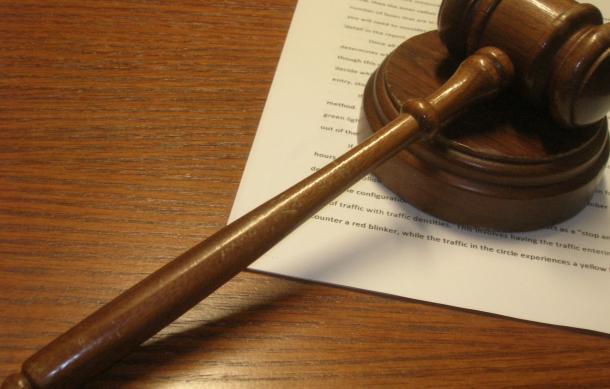
Article 21 of the Namibian Constitution provides for freedom of speech and expression, but when an untrue statement causes harm, defamation laws and constitutional protections can collide.
On the "The Wheels of Justice" programme, legal experts advised that citizens balance their right to freedom of expression with showing regard for the rights of others by refraining from acts of unproven and slanderous allegations.
Defamation laws protect people whose careers, reputations, finances, and/or health have been damaged by untrue, harmful statements.
Its roots are in civil and criminal law. Many a time, defamation law creates confusion in terms of whether it should be handled as a criminal or civil case.
UNAM Law lecturer Eugene Libebe and lawyer Taimi Iileka-Amupanda explained that, as much as the constitution guarantees freedom of speech, it also places importance on human dignity.
The violation of one's dignity through defamatory statements may lead to damages being awarded based on such a violation.
"It takes many good deeds to build a good reputation, and only one bad one to lose it." That is why lawyers caution citizens against not only the fabrication of slanderous and defamatory statements but also against further sharing of such messages, as you may be deemed an accomplice.





